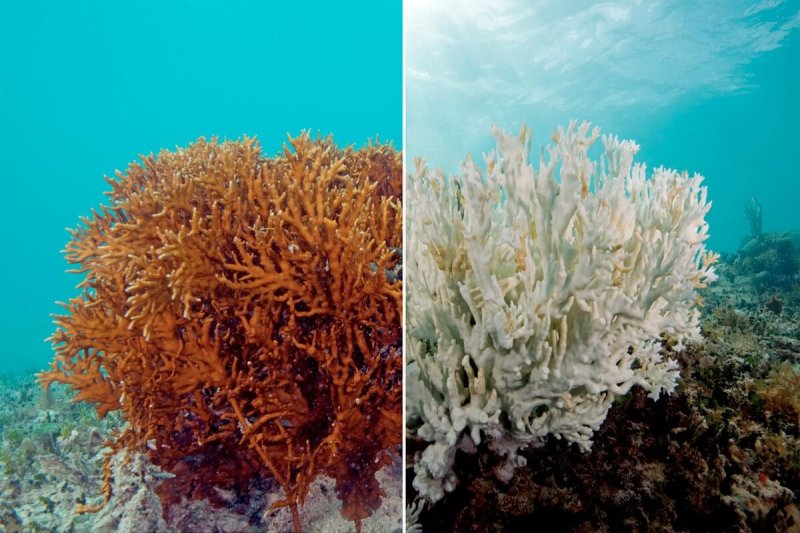An international team of experts used CRISPR-Cas9 to elucidate the heat tolerance of a coral in the Great Barrier Reef. Their findings provide insights into the management and conservation of corals in the face of climate change. Their study is published in the Proceedings of the National Academy of Sciences (PNAS).
The team developed an enhanced CRISPR-Cas9 system to turn off the Heat Shock Transcription Factor 1 gene (HSF1) in coral Acropora millepora. HSF1 has been observed to be involved in heat response in many other organisms. Results showed that the modified larvae did not survive in the water when the temperature was raised to 34 degrees while the unmodified larvae survived in the water with such temperature.































